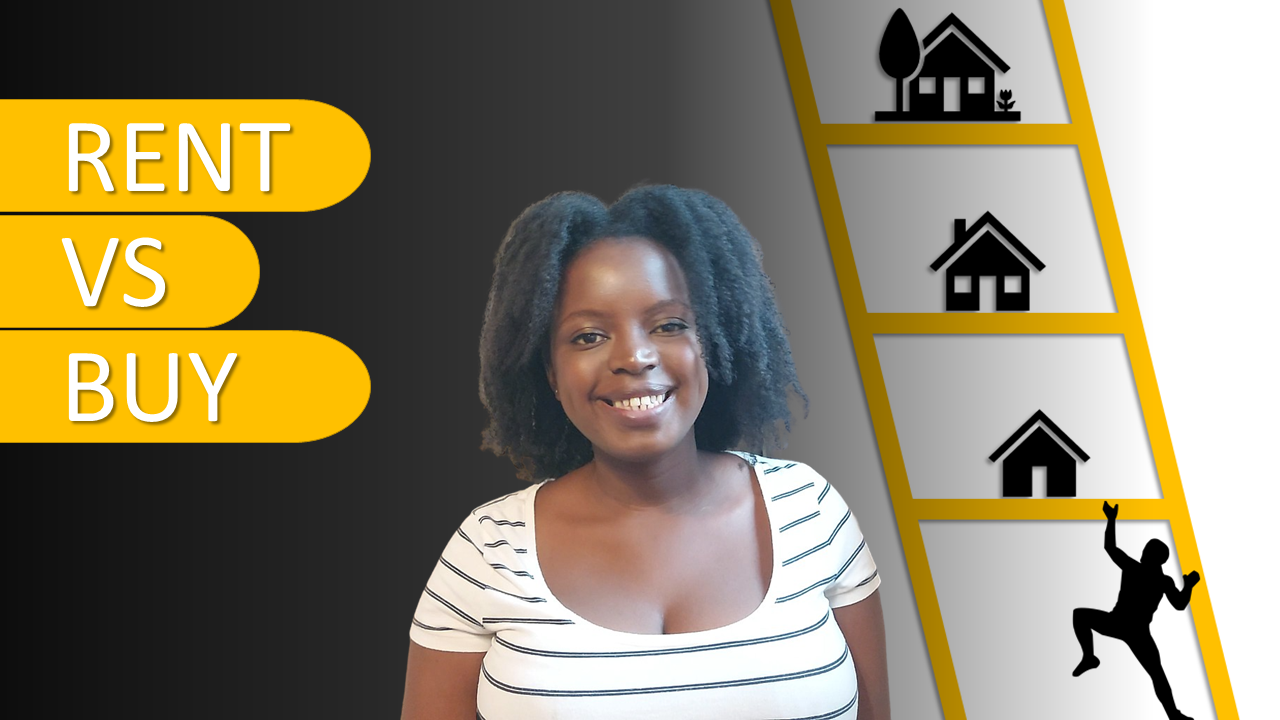Rent vs Buy

Renting vs. Buying: A Comprehensive Analysis
Introduction
Deciding whether to rent or buy a house is a crucial financial choice that many individuals grapple with. The common narrative often advocates for home ownership, portraying renting as equivalent to throwing money away. But is it truly the right choice for everyone? In this blog post, we will delve into the complexities of renting and buying, backed by insights from the Santander First-Time Buyer Study and a detailed analysis of financial considerations.
Santander First-Time Buyer Study
In May 2019, Santander conducted a comprehensive study, surveying 5,002 UK adults aged 18-40 who do not own property. This study, the largest of its kind, shed light on the reasons people aspire to own a home. Notably, the desire for homeownership ranked above financial stability, starting a family, or securing retirement in respondents' top life goals.
Shifting Realities: The Changing Landscape of Homeownership
Let's address the perception that buying a home is a foolproof investment. Examining the data reveals a different story. The median house prices and median gross salaries in the UK have both risen between 1997 and 2020. However, the ratio of house prices to earnings has increased significantly. Contrary to the notion that property is always a sound investment, the affordability of houses has diminished over time, challenging the traditional wisdom passed down by previous generations.
The True Costs: Renting vs. Buying
To make an informed decision, it's essential to compare the overall costs of renting and buying. Utilizing averages from the Office of National Statistics and validated through the Money Saving Expert Basic Mortgage calculator, we can assess the financial implications of each option.
Opportunity Cost: A Crucial Factor in Decision-Making
We explore the concept of opportunity cost, emphasizing the potential benefits one might miss by choosing homeownership over renting and investing in the stock market, or vice versa. The decision is complex and highly individual, influenced by factors such as mobility, investment goals, and personal preferences.
Stamp Duty Holiday and Financial Incentives
Considerations such as the UK Stamp Duty Holiday, introduced in July 2020 to stimulate the housing market, add another layer to the decision-making process. Understanding these financial incentives is crucial when evaluating the overall financial impact of buying a home.
Advantages of Buying and Renting
Buying:
- Monthly payments contribute to home equity.
- Mortgage payments lead to eventual full ownership.
- Independence from landlords and rental constraints.
Renting:
- Lower initial deposit requirements.
- Flexibility to switch between places.
- Landlord handles maintenance, repairs, and renovations.
- Potentially lower monthly costs compared to mortgages.
- No responsibility for property value fluctuations.
Conclusion: The Decision Is Yours
In conclusion, the decision to rent or buy depends on a multitude of factors. Both options come with advantages and disadvantages, and the right choice varies for each individual. This blog post aims to encourage a thoughtful consideration of personal circumstances and financial goals. Whether you choose to rent or buy, the key is to remain in control of your finances, ensuring a path to financial freedom.
Note: Keep in mind that these insights are based on available data up to 2022, and individual circumstances may vary. Always consult with financial professionals for personalized advice.